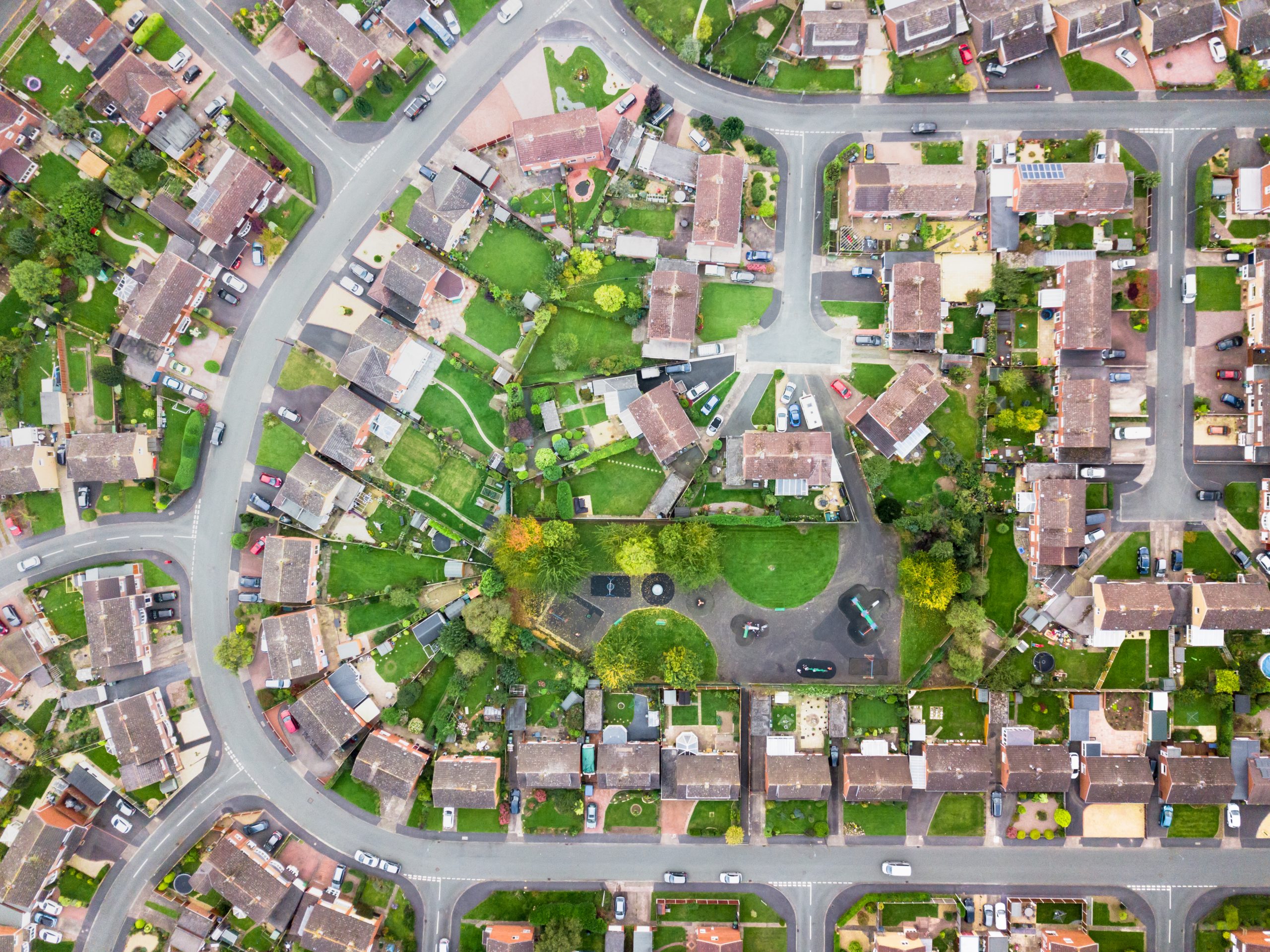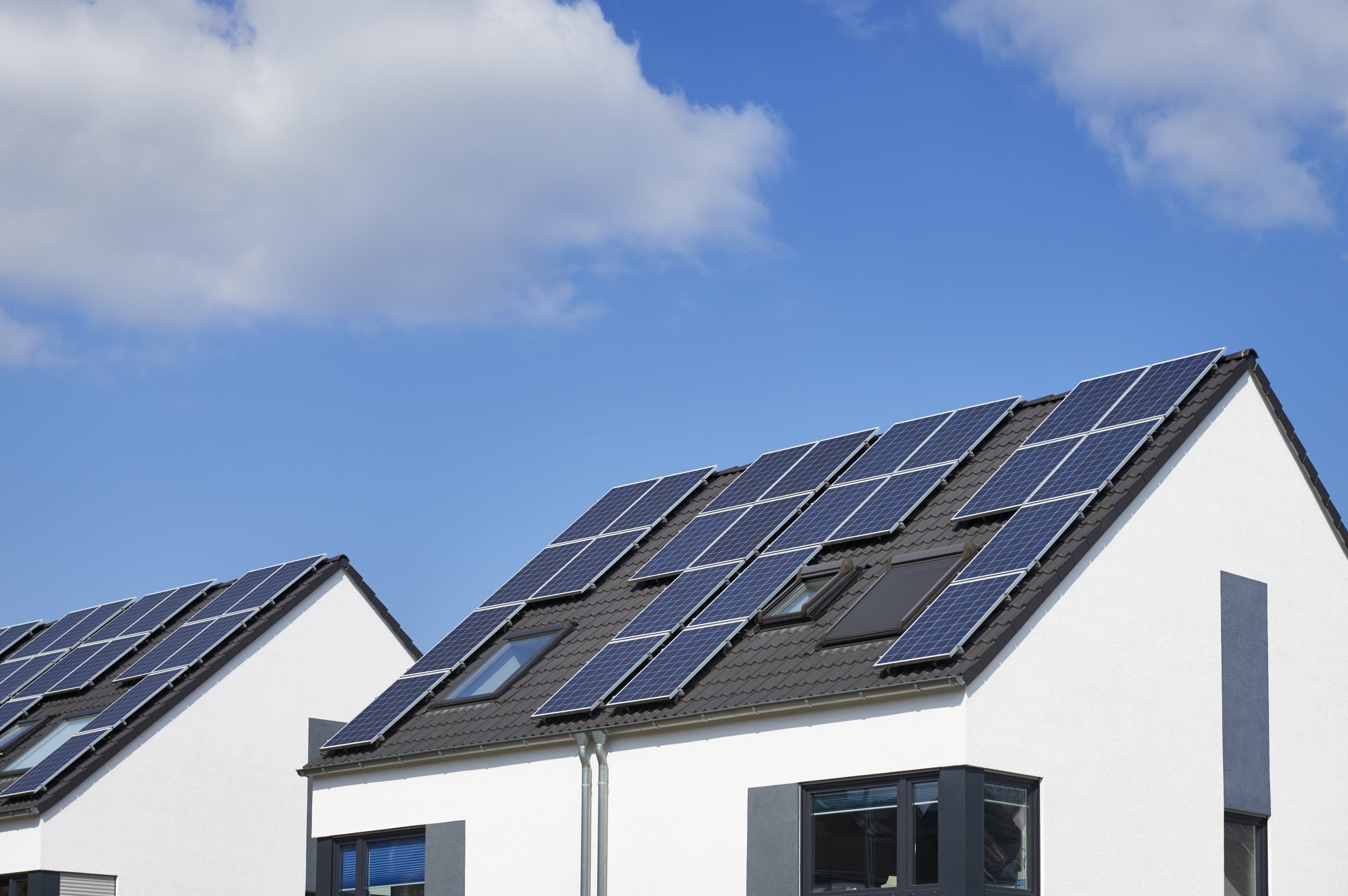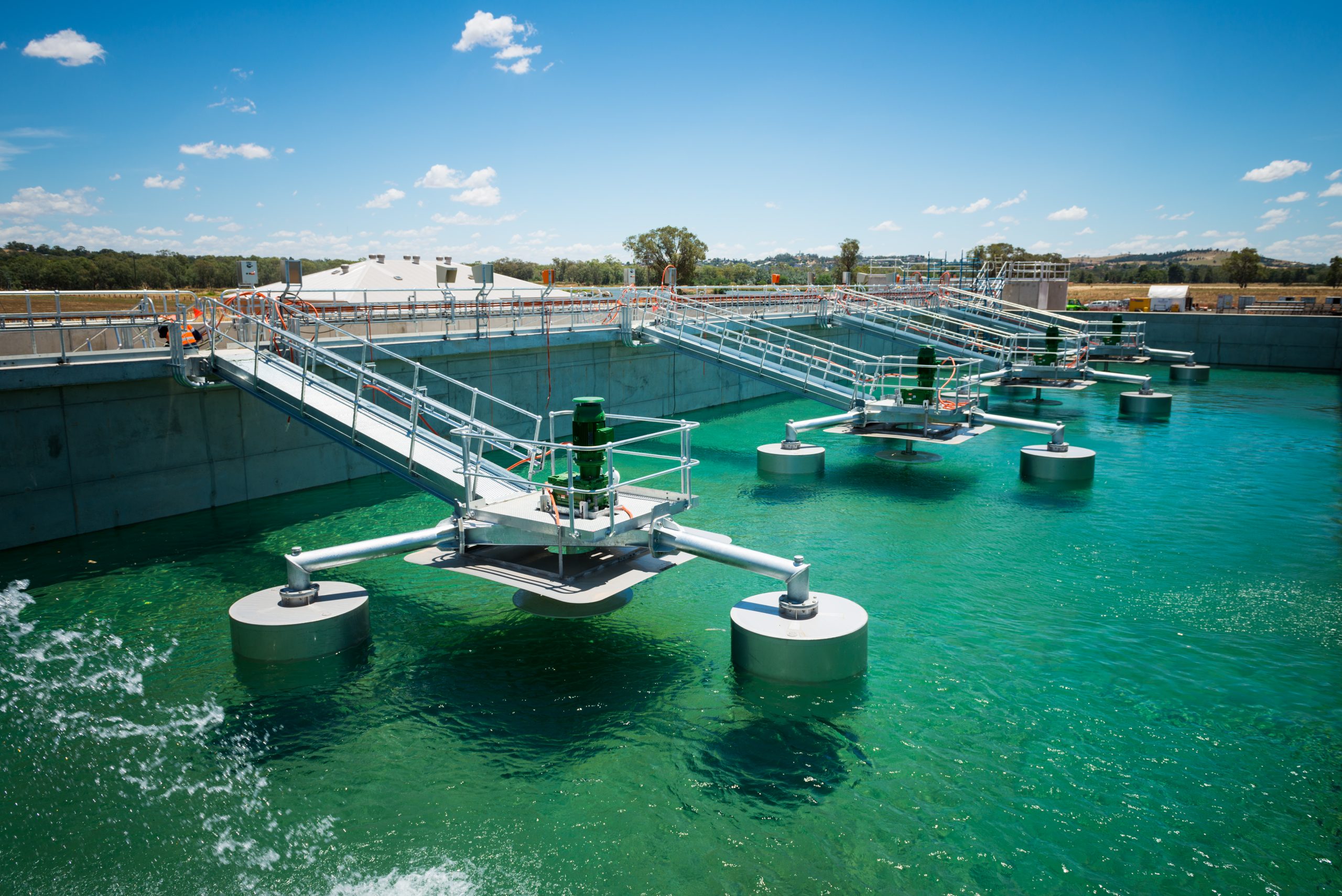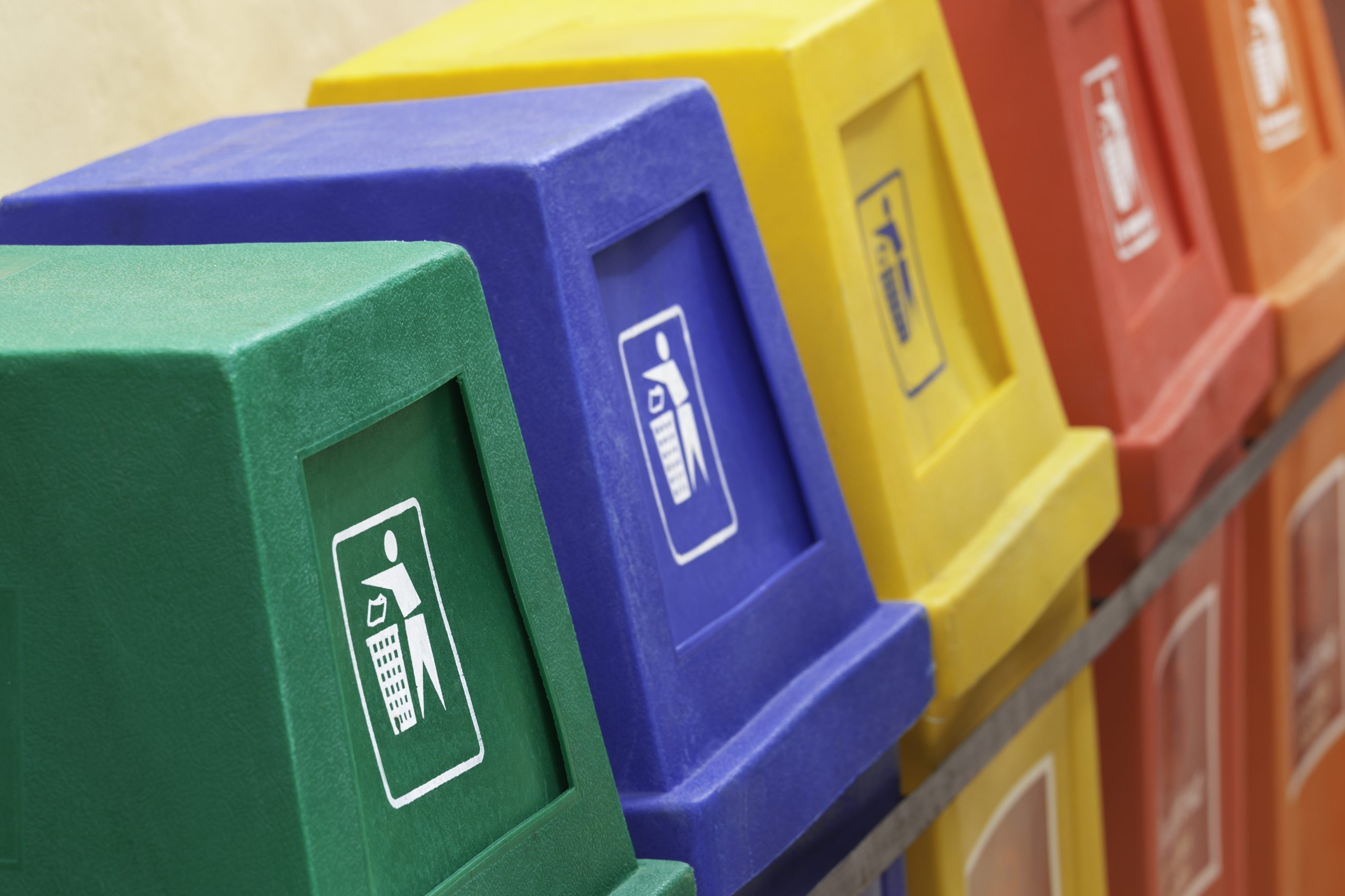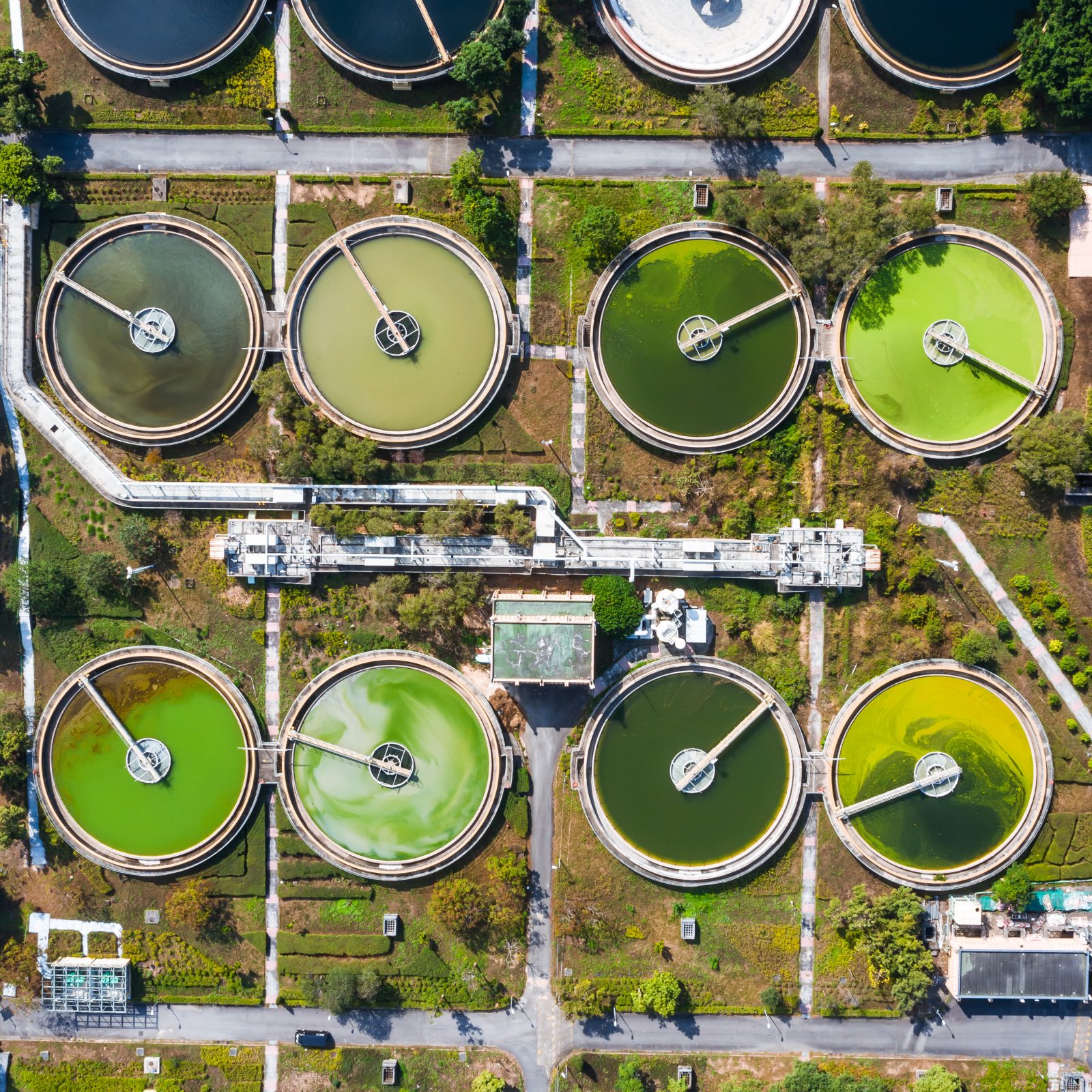Description
There is a range of solutions that utilities can explore in order to improve resource efficiency or capture the value of various by-products. As a traditional approach, utilities can reduce water losses or energy consumption through targeted investments and the maintenance of distribution networks and related pumping equipment. To ensure well-targeted investments and timely maintenance, an asset management approach may be recommended. A mature asset management approach is based on having a good inventory and on planning procedures in which investments and maintenance works are planned in a predictable and forward-looking manner. This approach requires good data collection and analysis by the utilities and a long-term commitment and budgeting from the city authorities.
Water utility companies can also be encouraged to explore more innovative solutions. For instance, water efficiency can be pursued through better utilisation of waste streams such as treated wastewater/grey water or better harvesting of water through sustainable urban drainage solutions – solutions that may have to be restructured to better prepare for future risks of flooding. The carbon footprint of water and wastewater services can be further reduced by including forms of energy generation as part of their operation. One way to do this is to exploit the hydropower potential and install a turbine inside the water pipes, transporting water down from a reservoir through gravitation. Energy can also be generated through the capture of biogas at wastewater treatment plants. Lastly, solar and wind power solutions can be located in wastewater treatment plants in order to cover some of the energy needs of the sector.
Another by-product of the wastewater treatment process is sludge. Increased wastewater service provision, for instance to address a sanitation shortfall or to meet higher regulations, will generate more wastewater sludge. The capacity of sanitary landfills to receive such sludge may be limited and the impact of the EU’s Landfill Directive is likely to drive further reductions in these types of outlet. As a consequence, alternative solutions for effective management and disposal of wastewater sludge may be increasingly important in many cities. Sludge reuse for landscaping or agriculture is one option. Other options include co-composting with green waste or using sludge, in combination with other waste or fuel sources, for power generation.
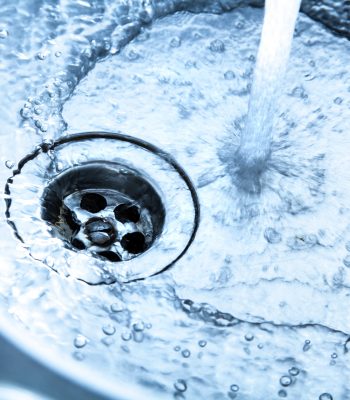
Resource implications and key requirements
Most of the energy and water efficiency solutions presented here require significant investment. Therefore, long and predictable contracts with clear revenue streams may be needed. For example, for renewable energy production to be made sufficiently attractive, any renewable energy subsidies on the energy market should be made available. This may require connections to the electricity grid and bilateral power purchasing agreements may need to be negotiated and signed. Consequently, a water utility firm may need to develop additional capacity and procedures for arrangements in the energy market. Commercial sludge management may also require predictable offtake agreements with relevant stakeholders. There may also be legal limitations on where the utility firm can dispose of wastewater sludge.
The Bangkok Metropolitan Administration has enacted by-laws requiring the installation of a wastewater treatment facility for new housing developments with more than 10 detached houses and for all industries and businesses. Septic sludge is treated in order to be used as fertiliser in the city’s public parks, surrounding green areas and farmland. The administration also aims to produce compost with a mix of natural rice straw and the dewatered sludge from the 12 wastewater treatment plants, to be used as manure.[1]
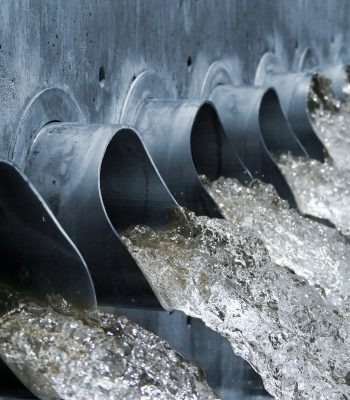
Potential private-sector participation
Many of the necessary investments in resource efficiency can be provided through PPP-style contracts, whereby a private energy servicing company finances, constructs and operates the relevant installation in return for a performance-related remuneration.
In Aqaba, Jordan, the Aqaba Water Company has made large investments in sewers and wastewater treatment. Currently, 90 per cent of the city’s wastewater is collected and treated, with 69 per cent of wastewater reused and 100 per cent of energy recovered. The capital investment is paid off by the sale of reclaimed water, under a PPP contract, to hotels and other commercial off-takers.[2]
There is also an important role for the private sector as off-takers of greywater and processed wastewater sludge. For example, selected companies may be interested in reusing treated wastewater for industrial purposes, and farmers or forestry companies may also wish to use wastewater sludge.
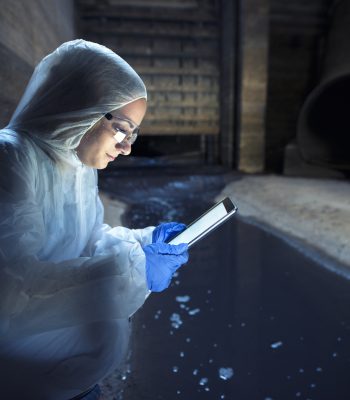
Implementation obstacles and possible solutions
Financial risks as well as legal and environmental uncertainties may prevent the pursuit of some of the solutions outlined above. To address such obstacles, it may be helpful to run comprehensive stakeholder engagement sessions. It may also be advisable to run adequate market testing to explore the opportunities for obtaining predictable and long-term offtake agreements with relevant stakeholders.

References
[1][2] International Water Association (2018), Wastewater Report 2018: The Reuse Opportunity.

